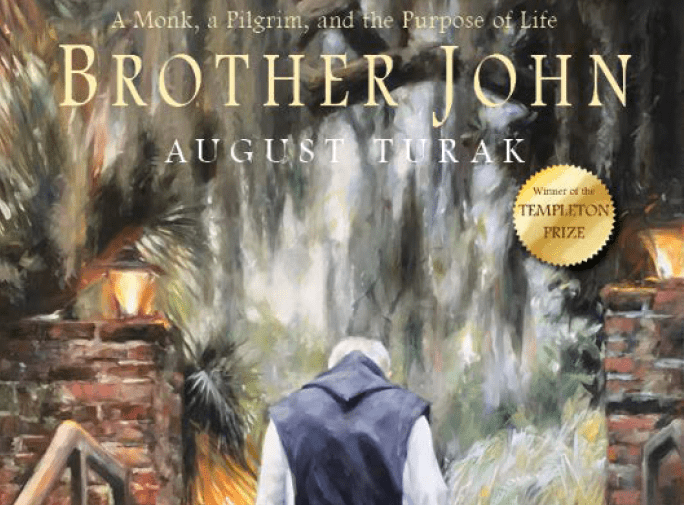ROME – It was the year 1996 when a skydiving accident led a professor, author and entrepreneur to experience a “dark night of the soul.” Only through an encounter with Trappist monks was he able to gain new insight, not just for himself but for modern society.
“We are in a crisis. A meaning and purpose crisis,” said August Turak, a businessman and Forbes and BBC contributor, in an interview with Crux.
“The problem is God is missing from so many people’s lives and they don’t even know it,” he said, adding that “the richer we get the more dysfunctional.”
Turak was a successful entrepreneur, the CEO of his own company and among the founders of MTV before an injury from a skydiving accident left him at a hospital contemplating his own mortality and the meaning of life.
“Out of the hospital I went through what I later called the dark night of the soul,” he said, “I was in bad shape, very bad shape.”
A serendipitous call inviting him to spend the Christmas holidays with the Trappist monks of Mepkin Abbey, California, changed his life, he said, leading him to the discovery of his purpose.
“We all have the exact same purpose: transcendence,” Turak said, “to be terraformed from a selfish person to a selfless person.”
Leading him though this realization was Brother John, whose name became the title of a bestselling book where Turak shares his experience at the abbey and the peculiar happenings that helped him reemerge from his mid-life crisis.
The newly released book, Brother John: A Monk, a Pilgrim and the Purpose of Life, an essay, won the highly sought-after $100,000 Templeton prize and gathered praise and numerous endorsements from figures such as Jesuit Father Jim Martin and theologian and Methodist Bishop William Willimon.
The short publication is embellished by 22 illustrations of the award-winning artist Glenn Harrington, whose paintings have graced the pages of publications such as the New York Times and the Philadelphia Inquirer.
Turak’s Christmas Eve experience with the monks and, in particular, with the guidance and example of Brother John is so compelling that the author receives letters and personal visits from people who are also going though hardship in their lives and seeking purpose.
“I’m not preaching to the choir, writing to the converted, my mission is to reach people who are not going to Church on Sunday,” he said.
In Turak’s view, the world is undergoing a spiritual crisis brought on by selfishness and individualism. As a teacher on campus since 1974, he has seen his students get increasingly more depressed. In the ’90s it was cutters, burners and bulimics, he explained, while today over a quarter of his students are on antidepressants.
“This process of hopelessness,” Turak explained, is leading people “stumbling in the dark” for answers and meaning.
In the book, Brother John helps a successful, though unhappy, Turak to find his path through sound advice and, most importantly, example. At times, the author said, the monk’s example could be a little daunting.
The sight of Brother John holding an umbrella under the pouring rain during the Christmas Eve celebrations in 1996 so that participants could have shelter walking back to their rooms, for instance, powerfully shook Turak.
“How does a person become so selfless?” he asked himself that evening, unable to go to sleep.
“You see Brother John and it’s inspirational, but also devastating. How can I be like that? The life he lives and the life I was living are very confrontational.”
Putting aside self-interest was a fundamental lesson for Turak at the abbey, not just for his spiritual life, but also in terms of understanding business and economics. His first book, Business Secrets of the Trappist Monks, was published in 2013 and looks at the secrets that have allowed the monks to thrive financially while investing ethically.
“It’s in our own self-interest to forget our self-interest,” he said, adding that the blueprint for conscientious consumerism and investment has already existed for thousands of years in the Gospel and community life.
Today, while still spending a significant period of time at the abbey with the monks, Turak works at his non-profit organization, The Self Knowledge Symposium Foundation (SKS) Student Group, aimed at teaching students “how to live a life of meaning and purpose.”











